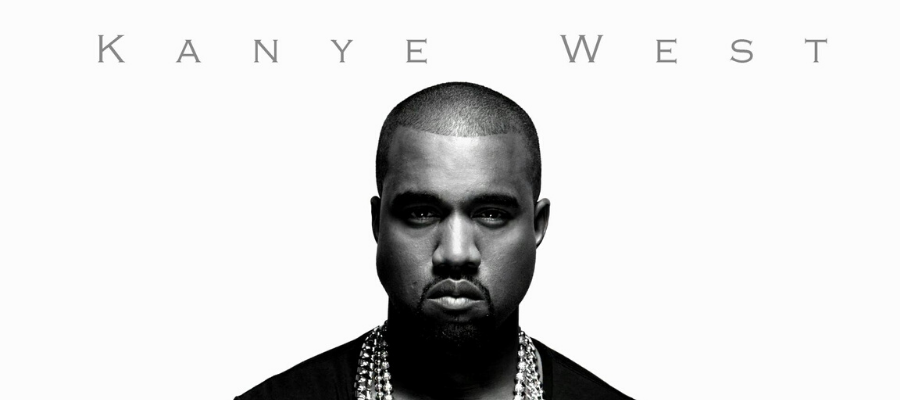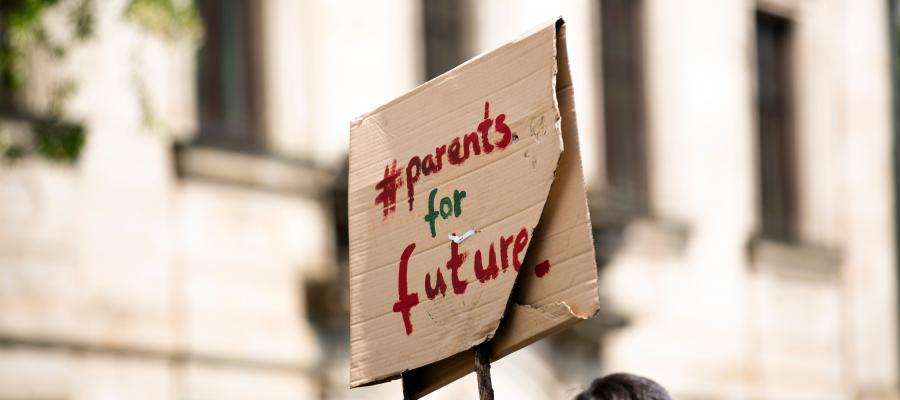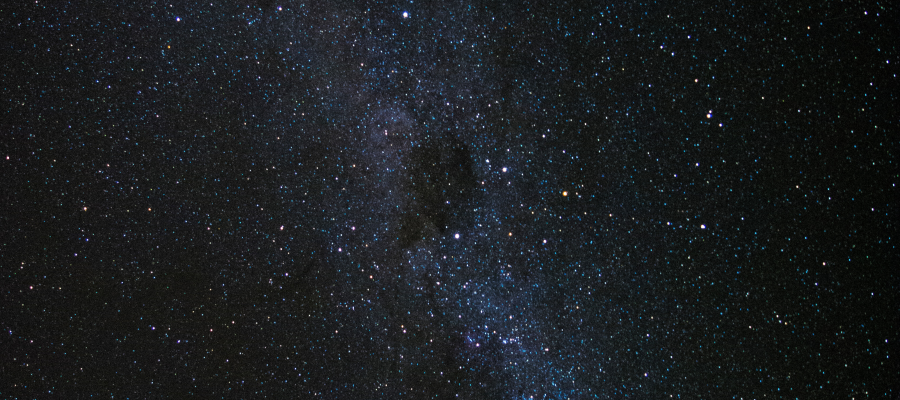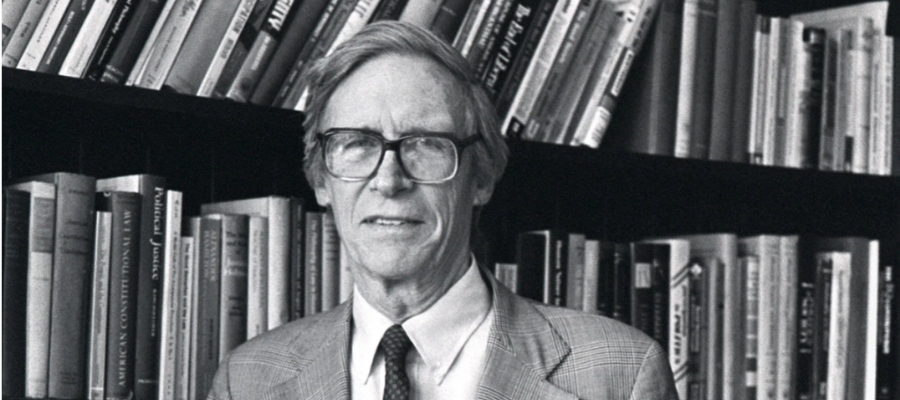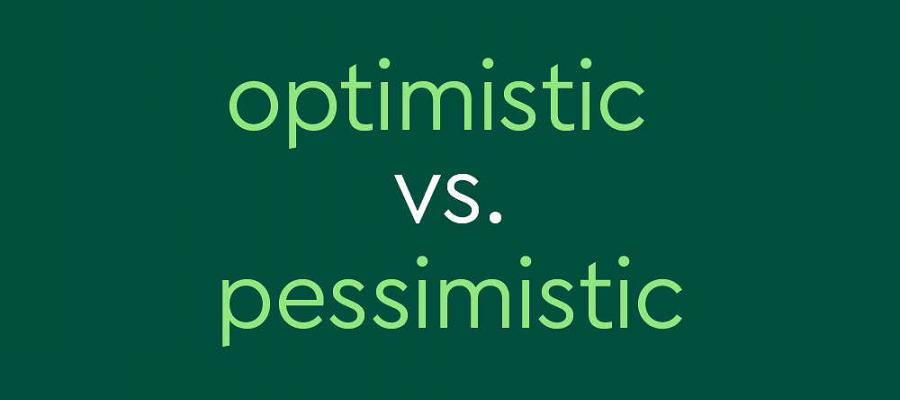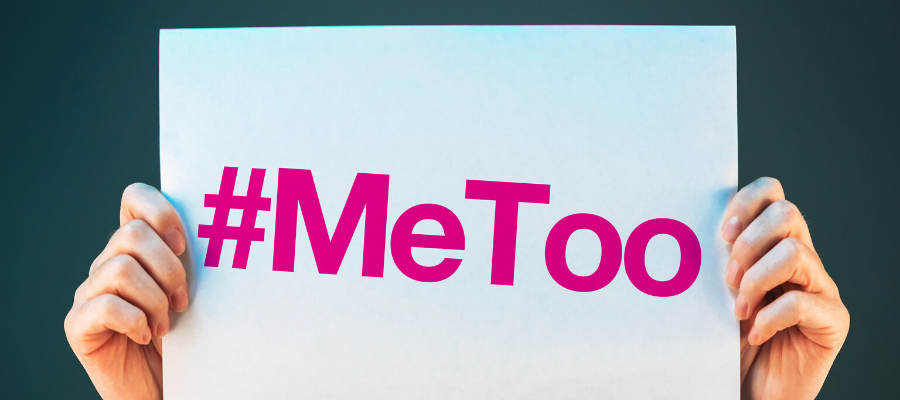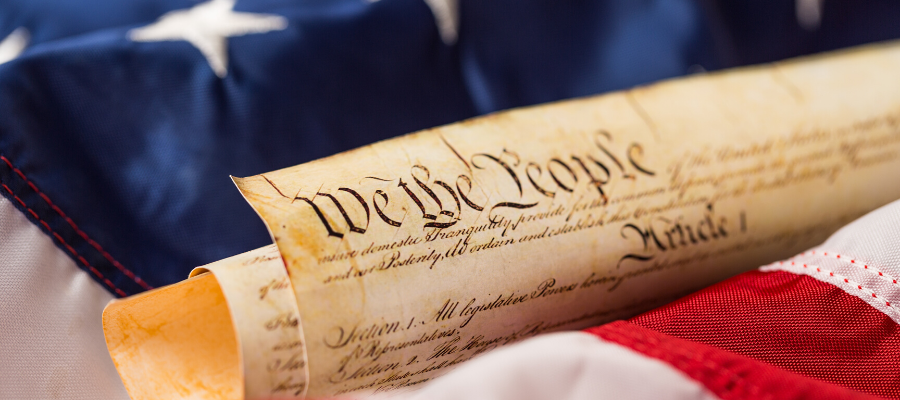#FrancisOnFilm: The Mole Agent
05
Feb 2021
The Mole Agent, now available on streaming services, is a deftly charming documentary about a private investigator hired to find out whether elder abuse is happening at a nursing home in Chile. Directed by Maite Alberdi, the film features an elderly gentleman hired to become a resident of the home and observe events first-hand. Sergio is a recent widower in his eighties who applies for the job and takes it on with courtliness and grace. The film is a poignant picture of life in the nursing home. There are residents without families to visit them and residents whose families never visit. There...
Wondrous Wonderment
01
Dec 2023
Wonder is, no pun intended, a wonderful emotion, and it's one we can feel toward a wide variety of phenomena, from the stars above us to the beauty of nature all around us, not to mention the artistic feats that humans are capable of. And it’s not just big things: watching a hummingbird in your garden, hearing a beautiful guitar solo, or feeling sand under your feet at the beach—those things can fill you with wonder too. Of course, not all experiences of awe are cheerful. "The eternal silence of these infinite spaces terrifies me," said Blaise Pascal. Sometimes we can be...
Read moreCan Words Kill?
12
Dec 2017
Can words kill? You might think that the obvious answer is that words don’t kill—people do! And, people don’t even kill with words, they kill with bombs and guns. But is there some sense in words can be just as deadly as a gun or a bomb? I don’t mean that in a metaphorical sense. We all can admit that words can hurt or offend. But I’m asking if they can literally kill? Consider how the words that the Nazis used to torment their Jewish victims, or the words the Hutu used on the Tutsi. They did more than merely incite violence against those targeted. Their words were instruments of...
Read moreIs Kanye a Philosopher?
22
May 2018
Kanye West, best known for his music career, is now expanding into philosophy, as revealed in an interview with his interior designer. But the 'book' Kanye has in mind will find its medium not in printed pages, but in real-time tweets. He's thus far expounded on consciousness and the ownership of ideas—all in the 280 characters, of course. Can a series of tweets really constitute a book? And should we now consider Kanye a philosopher? Read more here: https://www.theguardian.com/music/2018/apr/18/kanye-west-twitter-return-philosophy-book
Read moreWhat Do We Owe Future Generations?
13
Feb 2019
Exactly how much should we care about future generations? It seems obviously wrong to say that we shouldn’t care about them at all. We would not be doing justice by them if we decided to just live it up and let them figure out how to deal with whatever mess we left behind on their own. It also seems wrong to say that we should care about them as much as we do about ourselves. After all, they don’t even exist—at least not yet. Future generations are merely hypothetical, and hypothetical beings surely do not matter as much as existing beings. Right? It’s also worth noting...
Read moreRough Humor
29
Jan 2020
One current culture war in North American society concerns rough humor. I say “rough,” because I want to be neutral as to whether instances of it are also offensive, since whether this or that instance of it is offensive is one of the things at issue. Rough humor is a broad tent. But its jokes, skits, writings, cartoons, etc. all have something in common: they deal with culturally sensitive issues in a way that bumps into or violates taboos, such as taboos on using certain words, or on talking about or mocking certain things. Now unlike many, I don’t want to defend...
Read moreSlower Reading for Better Philosophy
01
May 2017
To be slow is to be radical. In cinema, for example, there has been a recent global movement of slow cinema "whose aim is to rescue extended temporal structures from the accelerated tempo of late capitalism." Such an approach to film is meant to create a cinematic viewing experience that demands the active contemplative participation of the viewer, and allows for a sense of time and world that helps the viewer share the experiences of the characters. Now, the return to slowness has emerged in a study of the discipline of philosophy in a new book Slow Philosophy: Reading Against the...
Read moreFlexitarian vs. Vegetarian
17
Aug 2017
Vegetarian: no meat, always. Flexitarian: no meat, sometimes. A recent Aeon article by Alberto Giubilini makes the case for flexitarianism. Suppose our goal is to reduce overall meat consumption. If we become vegetarians, sure, we won't be eating any meat ourselves. But, we will also be implicitly or explicitly encouraging others to become vegetarians as well. That's a tough sell for many people across the world. Instead, if we just become flexitarian and encourage others to simply join us in eating less meat, then we'll end up convincing more people and thereby...
Read moreSex, Prostitution, and Well-lived Lives
16
May 2005
First, I want to thank Debra Satz for being our guest on the show yesterday. It was interesting and fun. I hope it was also enlightening. The discussion certainly provoked lots of calls, e-mails, and even comments on the blog. Even in philosophy, sex sells, I guess. Having sat with this topic for the last couple of weeks, I’m still pretty unsettled on my own final take on things. I’m pretty convinced -- I think -- that criminalizing prostitution – either on the supply side or on the demand side – is unworkable. I tend to side with those who...
Read more[AUDIO] What Role Should Anger Play in Our Lives?
05
Feb 2017
Anger and outrage: useful emotions that we cannot ignore, or simply a base desire for revenge? Are these (sometimes violent) emotions something we should strive to move beyond, or do we have a right to their expression? When is anger appropriate, and in what ways can it be channeled, if at all? Former guest Martha Nussbaum is featured on this podcast on anger, courtesy of The Partially Examined Life. Also check out an episode we did with Martha called "The Indispensible Emotions" or our episode, "An Eye for an Eye: The Morality of Revenge" for a discussion on the ethics of...
Read moreThe Dark Side of the Cosmos
06
Oct 2016
What a weird and wonderful cosmos we live in! Here’s an astounding fact. If you take all of the ordinary objects you can see, from tables and chairs to all the stars and planets in the universe, you will have accounted for less than 5% of the universe’s total mass-energy. The other 95%? That’s invisible stuff like dark matter and dark energy. Dark matter and dark energy are so called because they neither absorb nor reflect light, which is why they’ve never been directly observed. Scientists estimate that dark matter makes up more than 25% of the entire universe. The rest—almost 70%—is dark...
Read moreWhat is Cultural Appropriation?
27
Oct 2015
This Halloween we’ll see kids, college students, and other revelers dressed in costumes ranging from scary to hilarious: Chewbaccas, spandex police officers, Harry Potters, Frodos… even Elvis. But at any party, we have a good chance of seeing cultural appropriation. We might see white people glibly dressed in mock Native American headdresses, frat brothers dressing “ghetto”, people who have no real connection to India wearing red dots on their foreheads, would-be Zulus, Geishas (from Texas), and of course a gringo in a sombrero. Such mimicry has come under increasing condemnation...
Read moreDisagreement
03
Dec 2010
Isn’t it a bit odd that philosophers disagree? Consider Ken and I. We’re both a reasonably well-educated, fairly intelligent, pretty perceptive, not overly neurotic philosophers. Why shouldn’t we agree about everything? We need to distinguish between apparent and real disagreements. Suppose Ken says lima beans taste good, and I say that he’s wrong, lima beans taste bad. It seems there is no real disagreement here, just differing tastes. We only have real disagreement when two people hold opinions that cannot both be true. Exactly where to draw the line isn’t...
Read moreRawls
13
Dec 2008
When I was in graduate school at Cornell from 1964 until 1968, and for some time after that, American philosophy was dominated by two Harvard philosophers, W.V.O. Quine and John Rawls. Quine's books were required reading not only in the philosophy of language, but also in courses in metaphysics and ontology and epistemology, where his radical extensionalism seemed to be the starting point for rethinking everything. After World War II, the big issues on the ethical and political sides of philosophy seemed to get little attention in American philosophy. That side of...
Read moreBeing Human is Like Being Here
26
May 2014
In my last blog posting, I explained that “human” is a folk-category that doesn’t map clearly and cleanly onto scientific categories like Homo sapiens, and that consequently, science can’t tell us what it means to be human. This time I’m going to consider some folk-conceptions of the human to see if they can offer us anything that’s more useful. One way to get a handle on folk-conceptions of the human is to focus on the phenomenon of dehumanization. When people dehumanize others they exclude them from the category of human, usually with horrifying results. We see...
Read moreDeconstructing the College Admissions Rat Race
03
Sep 2011
Getting into the college or university of your choice – especially if it's highly selective one -- has become more daunting and more stress-inducing than ever before. The odds are stacked against students from the start. Consider Stanford. This year we had just over thirty two thousand applications to fill about sixteen hundred freshmen slots. So we accepted just seven percent of those who applied. Those are astounding numbers. And Stanford's not alone. Harvard admitted seven percent of its applicants, while Yale admitted eight percent and...
Read moreHumans, the Optimistic Animal?
24
Jul 2022
This week we're asking whether it's rational to be optimistic—which seems like bit of a crazy question if you've been reading the news lately. After all, what could possibly justify the belief that everything is going to turn out fine? Maybe you don’t think everything is going to turn out fine; but you might still think it rational to be optimistic about some things. That might require temporarily bracketing some of those pessimism-inducing headlines—about climate change, women’s rights, or the future of democracy—and starting small. It certainly seems reasonable for some...
Read moreMisogyny and Gender Inequality
23
Feb 2018
This week we’re thinking about misogyny and gender inequality. All over the world, men enjoy power and privilege relative to women. It’s always been that way, and probably always will be. But one could also have more hope, given that in some countries women have made a lot of progress. A hundred years ago, women in the US couldn’t vote. Now you find women occupying positions at the very top of the social hierarchy. There are women CEOs, women scientists, women lawyers, women senators. Then again, one might also think the #MeToo movement shows how far we still have to go. Women are still...
Read moreShould We Abandon the Canon?
12
Aug 2019
Should we still be venerating works by Plato, Shakespeare, Woolf, and company as “great books”? Should we still be reading them at all? These are the questions we're asking in this week's show. Critics of the “Western canon” make two very reasonable arguments. First, that canon is heavily dominated by straight white males. Some of the reasons for this may be contingent, but there’s still a very real danger of readers coming to believe that straight white male voices are the only voices that count. Or, even worse, that straight white males are somehow more talented as thinkers and writers than...
Read more[VIDEO] Contrastivism—A Revolution in Philosophy?
21
Mar 2017
First proposed by Jonathan Schaffer, contrastivism is an alternative approach to traditional philosophical questions that aims to dissovle rather than solve philosophical puzzles. It claims that philosophers have not been explicit enough in their questions, suggesting instead that questions must be framed in relation to relative contrasts, which yields more complicated answers. Simply asking, "Did Person X perform ethically in Situation Y?" does not cut it for the the contrastivist! Walter Sinott-Armstrong of Duke University introduces contrastivism in...
Discriminating Streets
07
Aug 2020
Why is there so much bad urban design? How can we make our streets more welcoming to everyone? Is the perfect city merely a mirage? This week on the show we’re asking whether streets can discriminate, and how we can design our cities so they are more just. Cities are unjust in all sorts of ways. Many are still segregated because of redlining, where the government deliberately denied loans to black families in order to keep them out of white neighborhoods. Homeless people struggle with hostile architecture that’s deliberately designed to prevent them from lying down to rest. Many poor people...
Read morePsychopathy and Evil
12
Jun 2017
There is a certain diagnosis considered rare and nearly untreatable in the mental health community: psychopathy. Of course, a small amount of psychopathy may be socially advantageous. Consider the cool and collected CEO or saw-toothed lawyer. However, extreme cases illustrated by the fictional Patrick Bateman of American Psycho or the not-so-fictional child, Samantha from the June 2017 issue of The Atlantic, reveal that psychopathy is not only chilling but highly dangerous. Psychopaths exhibit physiological abnormalities in addition to behavioral ones. As a result,...
Read moreLegislating Values: A Reprise
30
Jan 2006
Today's show is about Legislating Values. Our guest is Congresswoman Anna Eshoo. The episode was taped in front of a live audience, at an event we called Backstage Live with Philosophy Talk. It was a lot of fun. I love doing the show in front of an audience. The post below the fold is a repeat of the post I wrote back in April in advance of a Capitol Hill symposium on the topic of Legislating Values in which I was a participant. Since we've got many new listeners and readers and since it's pertinent to today's show...
Read moreRandom Thoughts on Religion and the State
07
Mar 2005
Today’s show is on Religion and the Secular State. In our beloved more or less secular nation our thinking is anchored by the first part of the first amendment Congress shall make no law respecting an establishment of religion, or prohibiting the free exercise thereof; or abridging the freedom of speech, or of the press; or the right of the people peaceably to assemble, and to petition the Government for a redress of grievances. The 14th amendment extends this to the states, many of which had established religions at the time of the constitution, as I remember --- I wasn’t...
Read moreGun Control
23
Mar 2016
We usually think of the Bill of Rights as recognizing and guaranteeing to Americans important basic human rights, already articulated and defended by philosophers like John Locke. But how about the second amendment, the “right to bear arms”? Did the second amendment recognize our right to own guns, or create it? America is an anomaly. Other liberal democracies don’t see gun possession as a fundamental human right. They don’t see it as having the status of as freedom of religion, or speech, or freedom from unreasonable searches and seizures...
Read more

